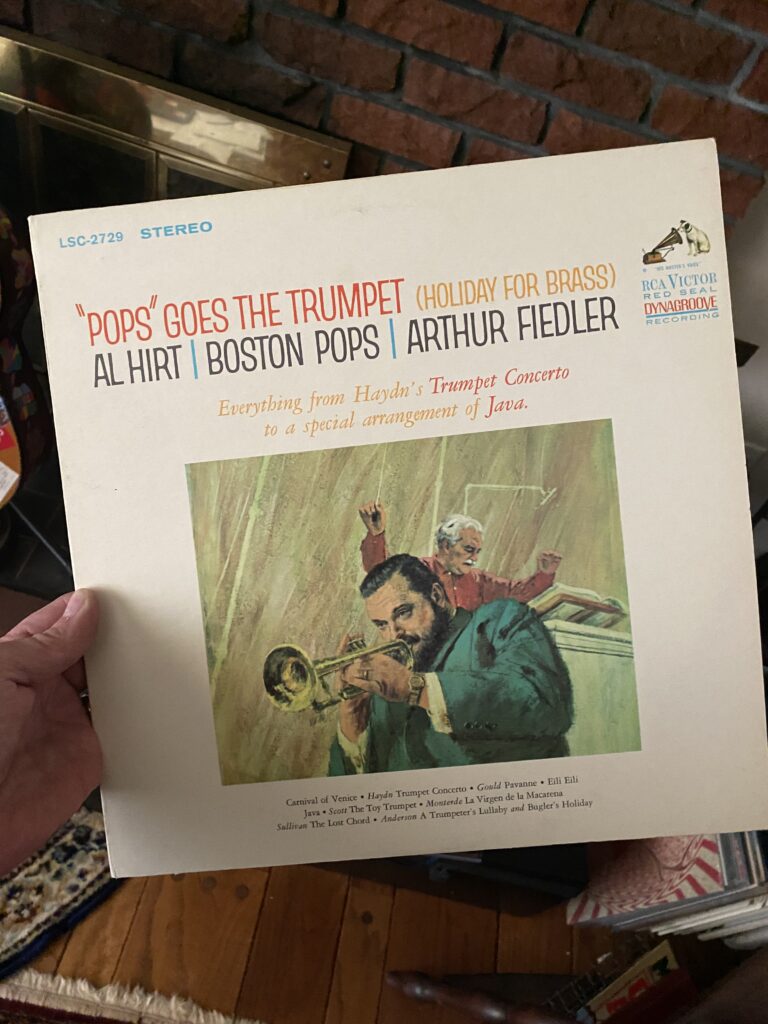
The Cool AF Maestro Who Made Classical Music Pop in North America
Let’s talk about Arthur Fiedler. Born in Boston, Massachusetts, December 17, 1894, this conductor isn’t just any old maestro; he is a rock star in the world of classical music. Fiedler is best known for his iconic association with the Boston Symphony Orchestra and, more importantly, the Boston Pops Orchestra, which he transformed into a household name in the U.S. and beyond.
A Musical Legacy
Fiedler’s roots run deep in the music game, his parents were Austrian Jewish immigrants, his father a violinist for the Boston Symphony, and his mother a pianist. After a brief stint in Europe, where he honed his craft at the Royal Academy of Music in Berlin, Fiedler returned to Boston during World War I and joined the Boston Symphony Orchestra as a violinist. But he didn’t stop there; he later picked up roles as a pianist, organist, and percussionist, showcasing his many musical disciplines.
In 1930, Fiedler took the reins as the eighteenth conductor of the Boston Pops Orchestra. While many conductors viewed this role as a mere stepping stone in their careers, Fiedler transformed it into his life’s work, holding onto the baton for an impressive fifty years.
The Pop Revolution
Under Fiedler’s star-studded direction, the Boston Pops recorded more albums than any other orchestra in the world, raking in over $50 million in sales. He hit the studio running with RCA Victor, cranking out timeless classics including the world premiere of Jacob Gade’s “Jalousie,” which sold over a million copies, as well as the first ever complete recording of George Gershwin’s landmark “Rhapsody in Blue.” Fiedler was all about making classical music accessible and exciting, paving the way for a new audience to fall in love with a genre that had long felt foreign and out of reach.
In 1946, he broke new ground by conducting the Boston Pops in one of the first U.S. recordings featuring a film score, Dmitri Tiomkin’s music for the Technicolor epic Duel in the Sun. Fiedler took the orchestra to places it had never been before, blending worlds of classical, Broadway, and Hollywood into a musical tapestry that appealed to the widest audience previously unheard of.
Fiedler didn’t just stick to light classics, he embraced all the sounds of popular music, from Broadway hits to The Beatles. He made classical cool by reaching out to a younger audience, proving time and time again that classical music could groove just as hard as any pop hit out there.
Even in his later years, Fiedler wasn’t ever ready to exit the stage. In 1979, just before his passing at age 84, he released Saturday Night Fiedler, an album entirely devoted to disco music.
Arthur Fiedler’s legacy lives on not just in the notes of the music he conducted but in the very fabric of American culture, where he made classical music not just something for the elite but a shared joy for everyone.
Arthur Fiedler. Cool AF.
